In caló it means Goddess. Part of the trunk of the toná, so it is a song without guitar. Its melody requires a more abrupt melismatic ornamentation than that of the group's other songs.. There are multiple theories about the origins that explain it.. The oldest of them claims that it is the creation of a singer called Blas Barea., because at the end of the couplets it was always said “unlock the bar”. However, It is believed that this version disappeared and what we know today as debla is a song that Tomás Pavón rescued from the cellar of the gypsies of Triana, something that led him to antagonize other singers of his ethnic group., as Juan Talega.
Trunks
Upload/Select an audio or use external audio url to work this widget.
Upload/Select an audio or use external audio url to work this widget.
Upload/Select an audio or use external audio url to work this widget.
Upload/Select an audio or use external audio url to work this widget.
Upload/Select an audio or use external audio url to work this widget.
Upload/Select an audio or use external audio url to work this widget.
Upload/Select an audio or use external audio url to work this widget.
Upload/Select an audio or use external audio url to work this widget.
Upload/Select an audio or use external audio url to work this widget.
Upload/Select an audio or use external audio url to work this widget.
Upload/Select an audio or use external audio url to work this widget.
Upload/Select an audio or use external audio url to work this widget.



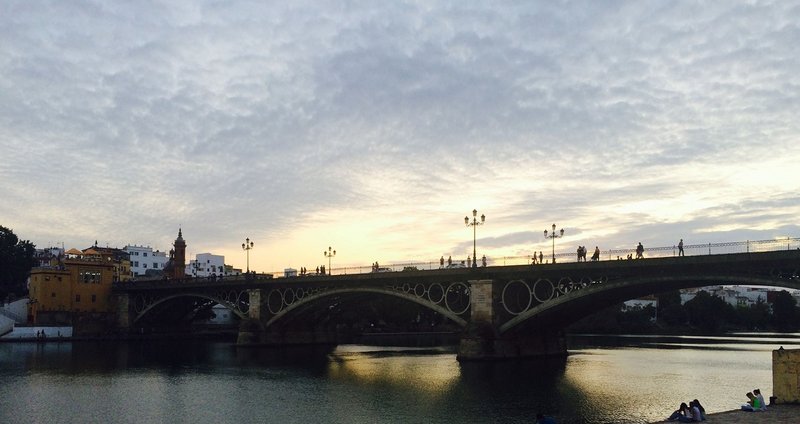 Sevilla
Sevilla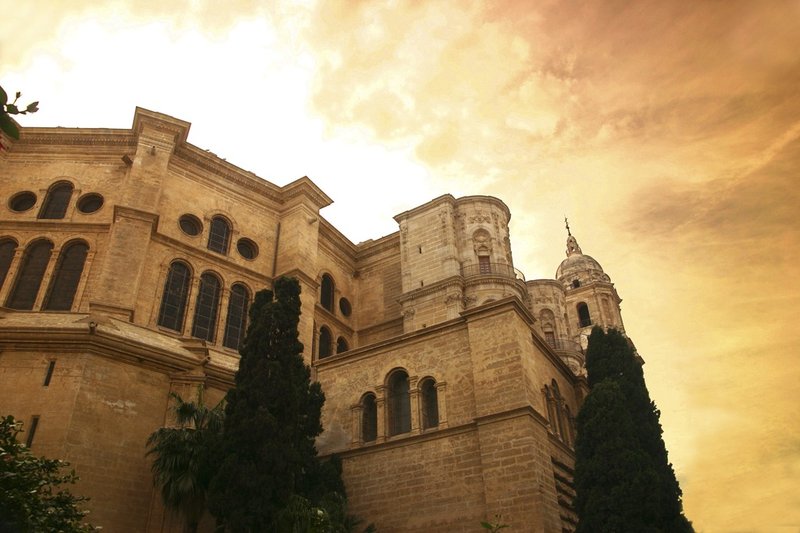 Málaga
Málaga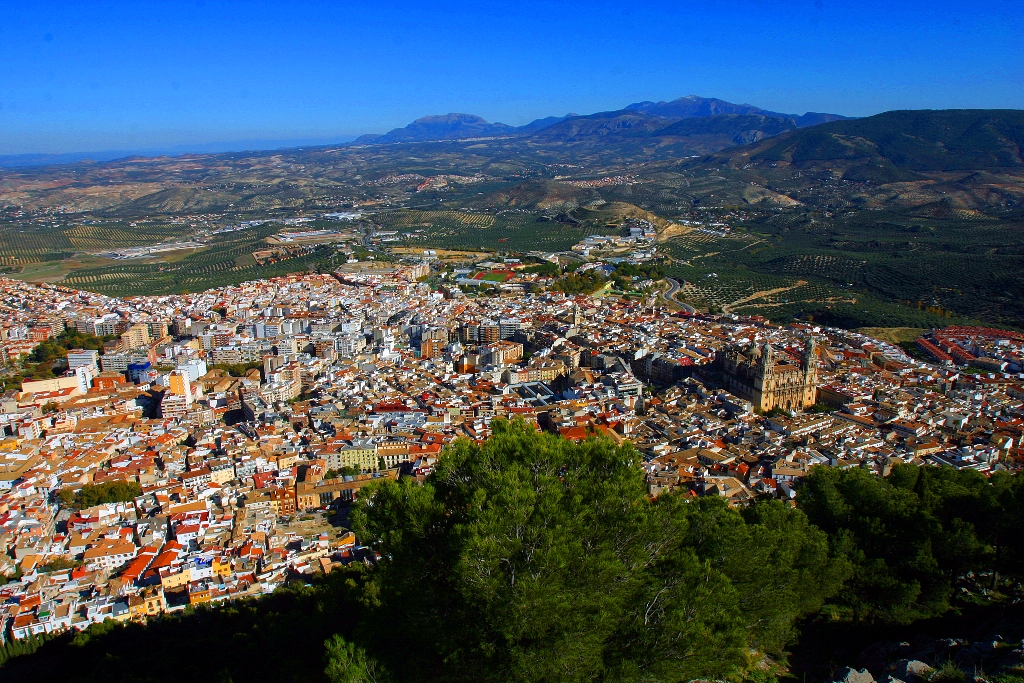 Jaen
Jaen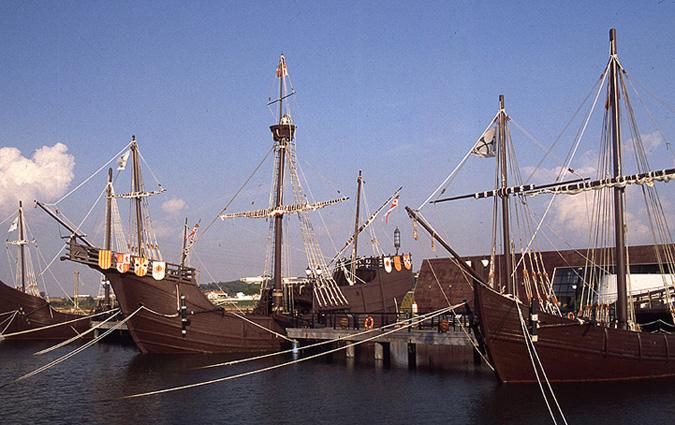 Huelva
Huelva Granada
Granada Córdoba
Córdoba Cadiz
Cadiz Almeria
Almeria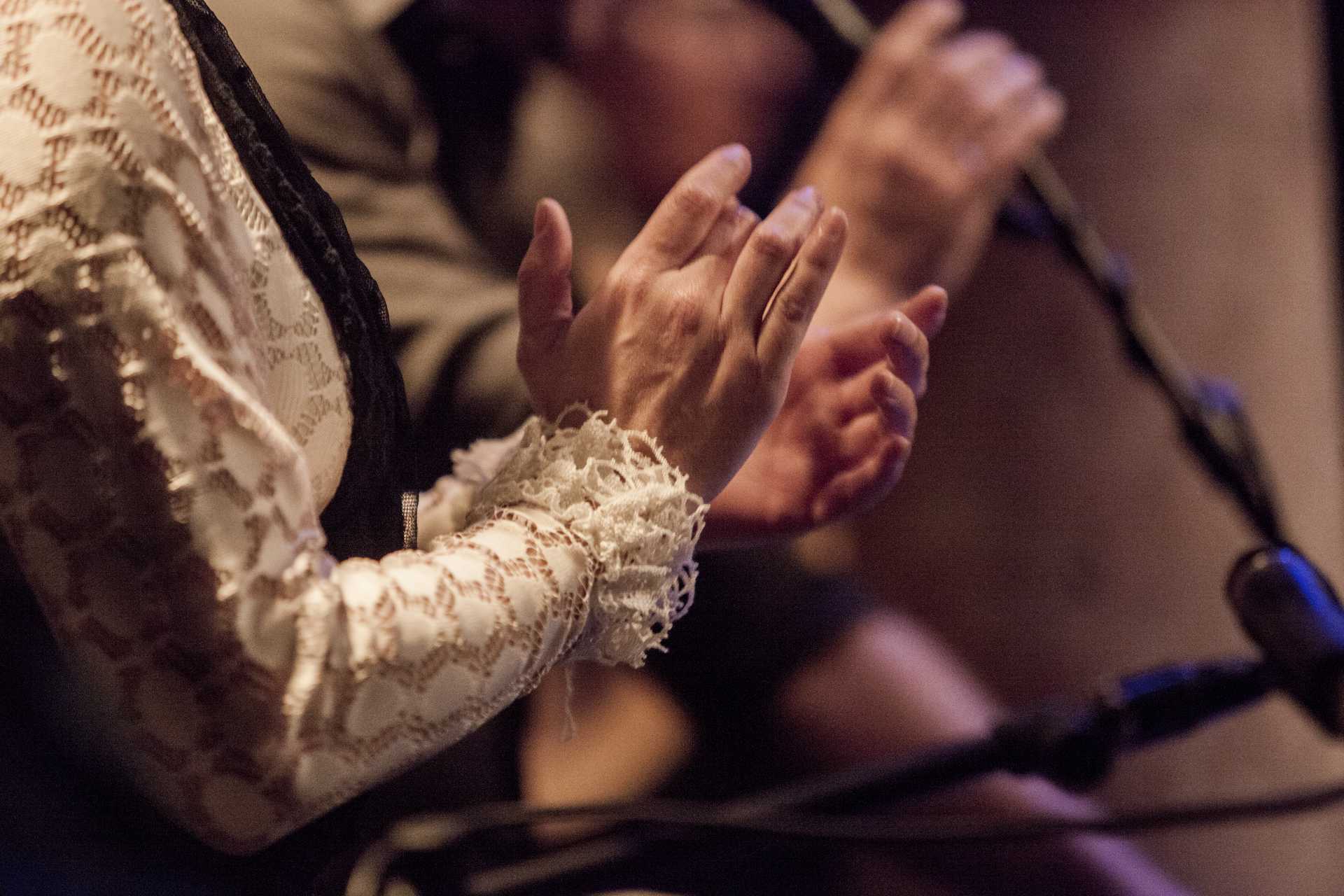 A tourist and cultural vision of flamenco
A tourist and cultural vision of flamenco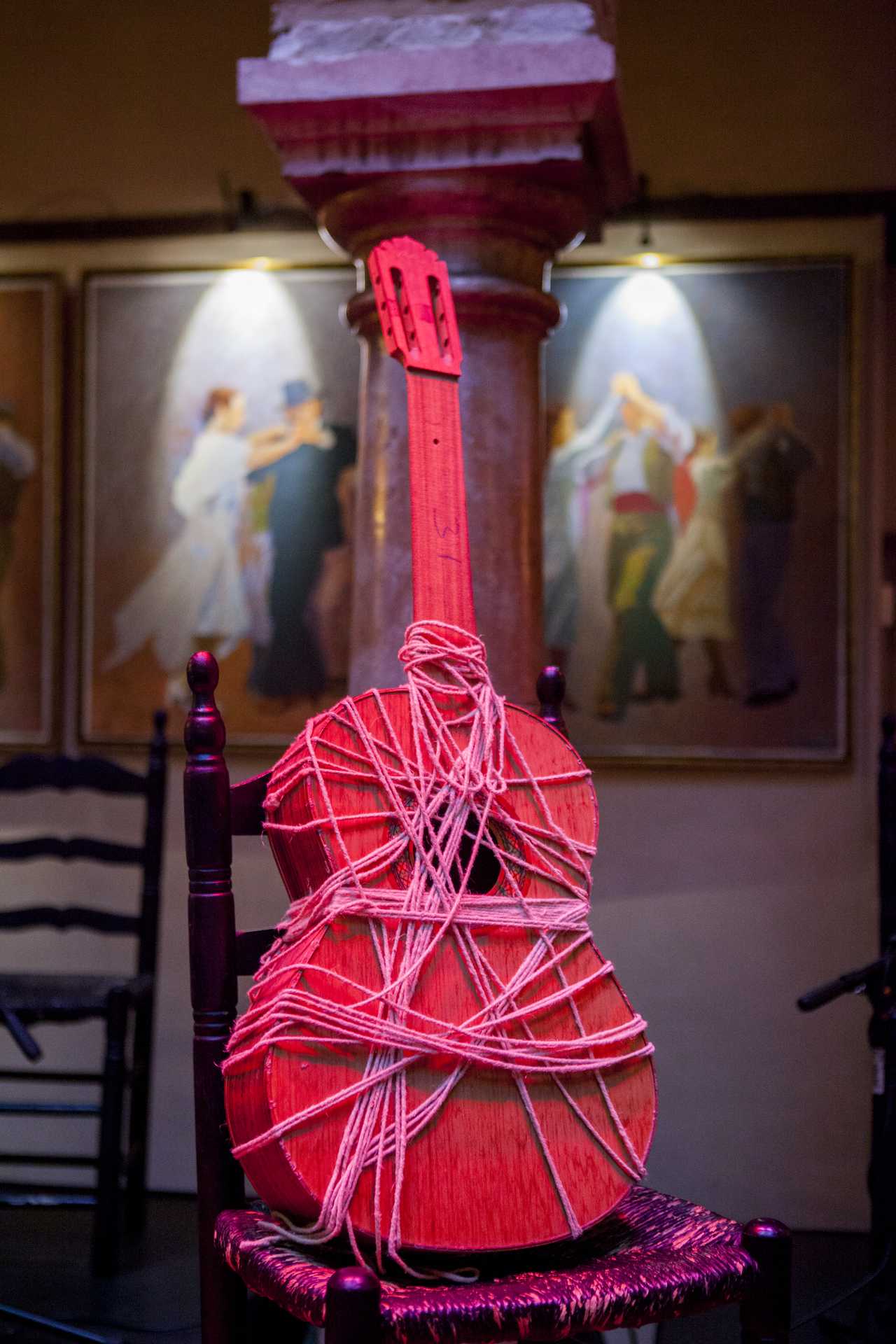 The Guitar, last to join.
The Guitar, last to join.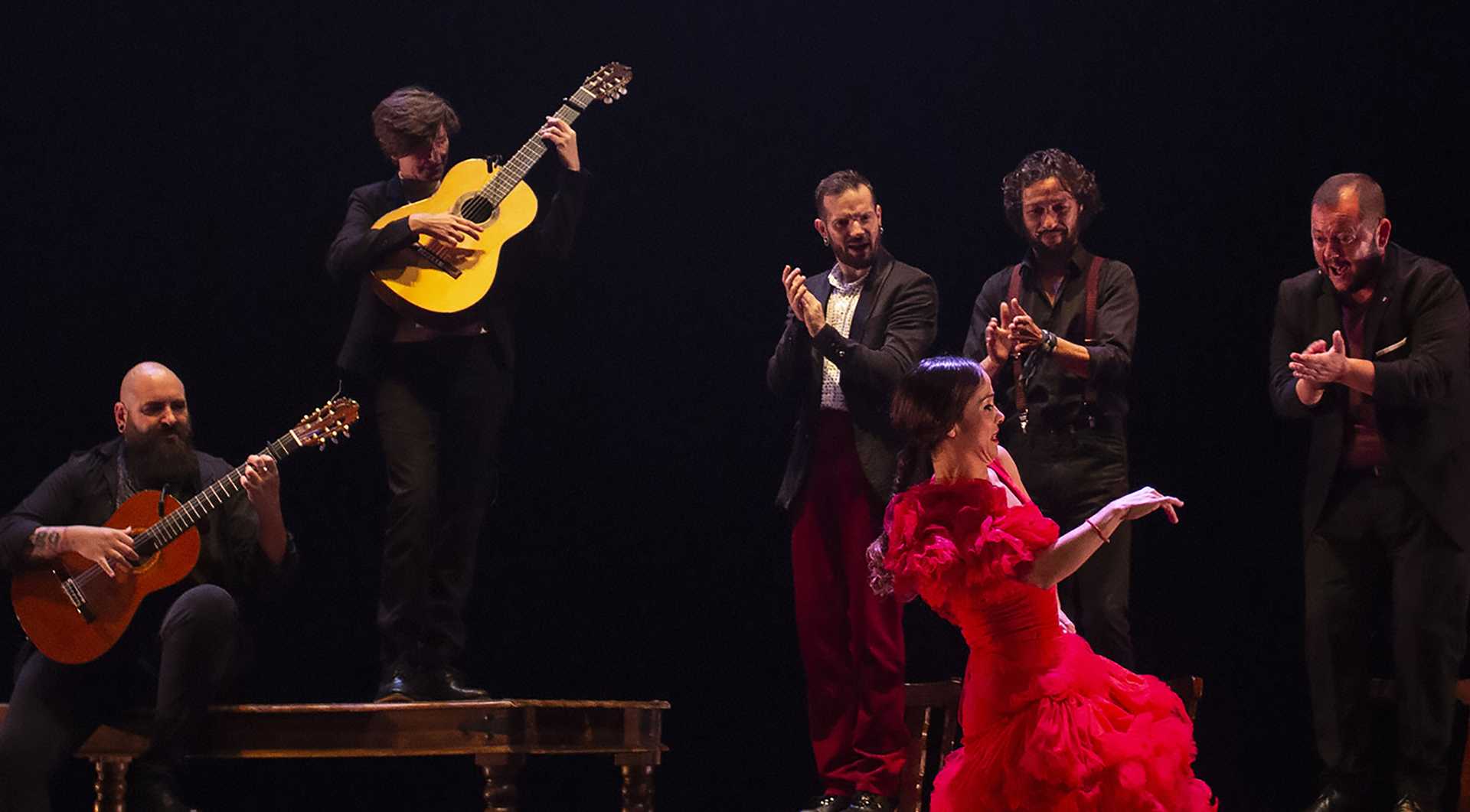 The history of flamenco with respect to its geographical distribution
The history of flamenco with respect to its geographical distribution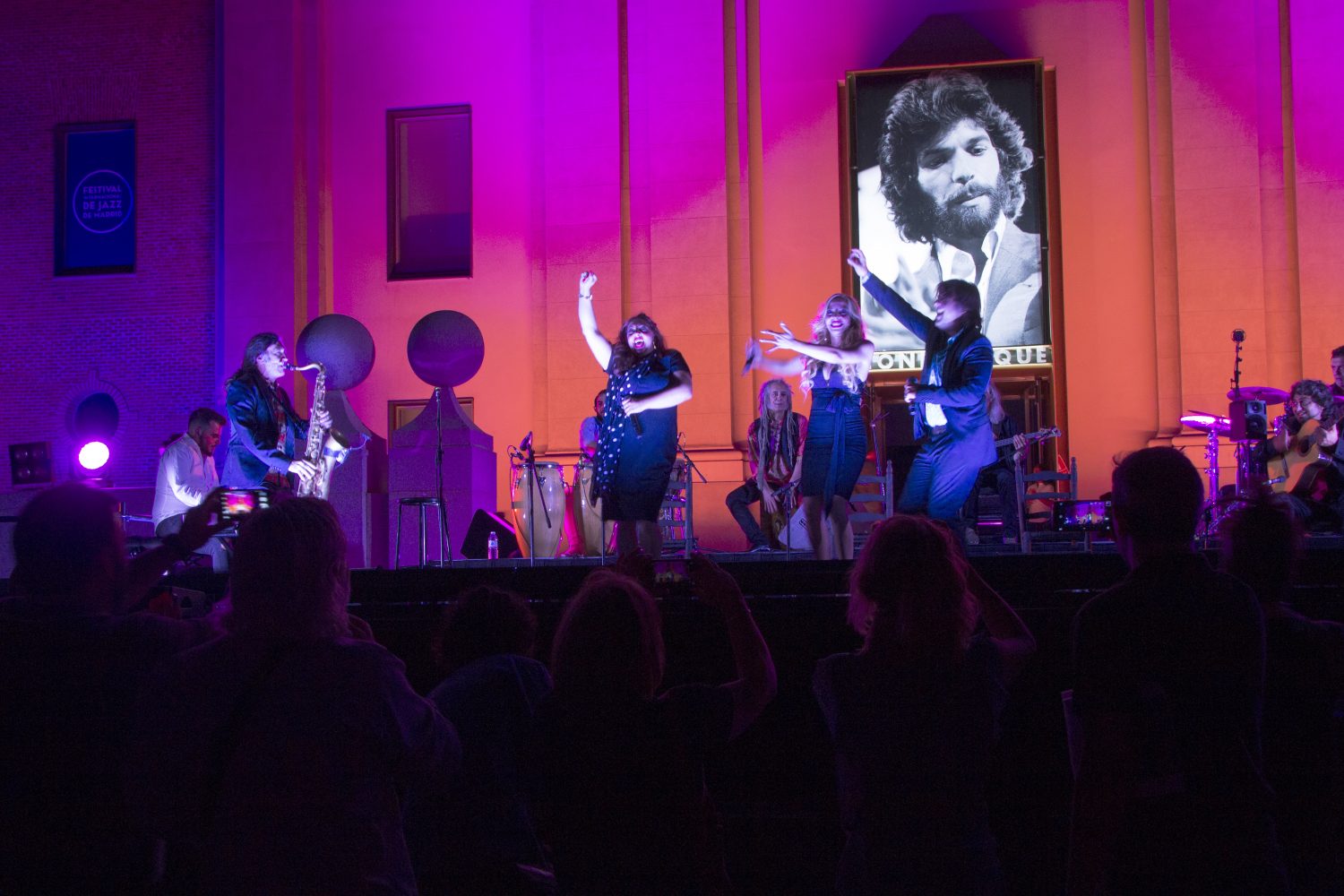 The present and future of the genre. The Fourth Golden Key of Singing.
The present and future of the genre. The Fourth Golden Key of Singing.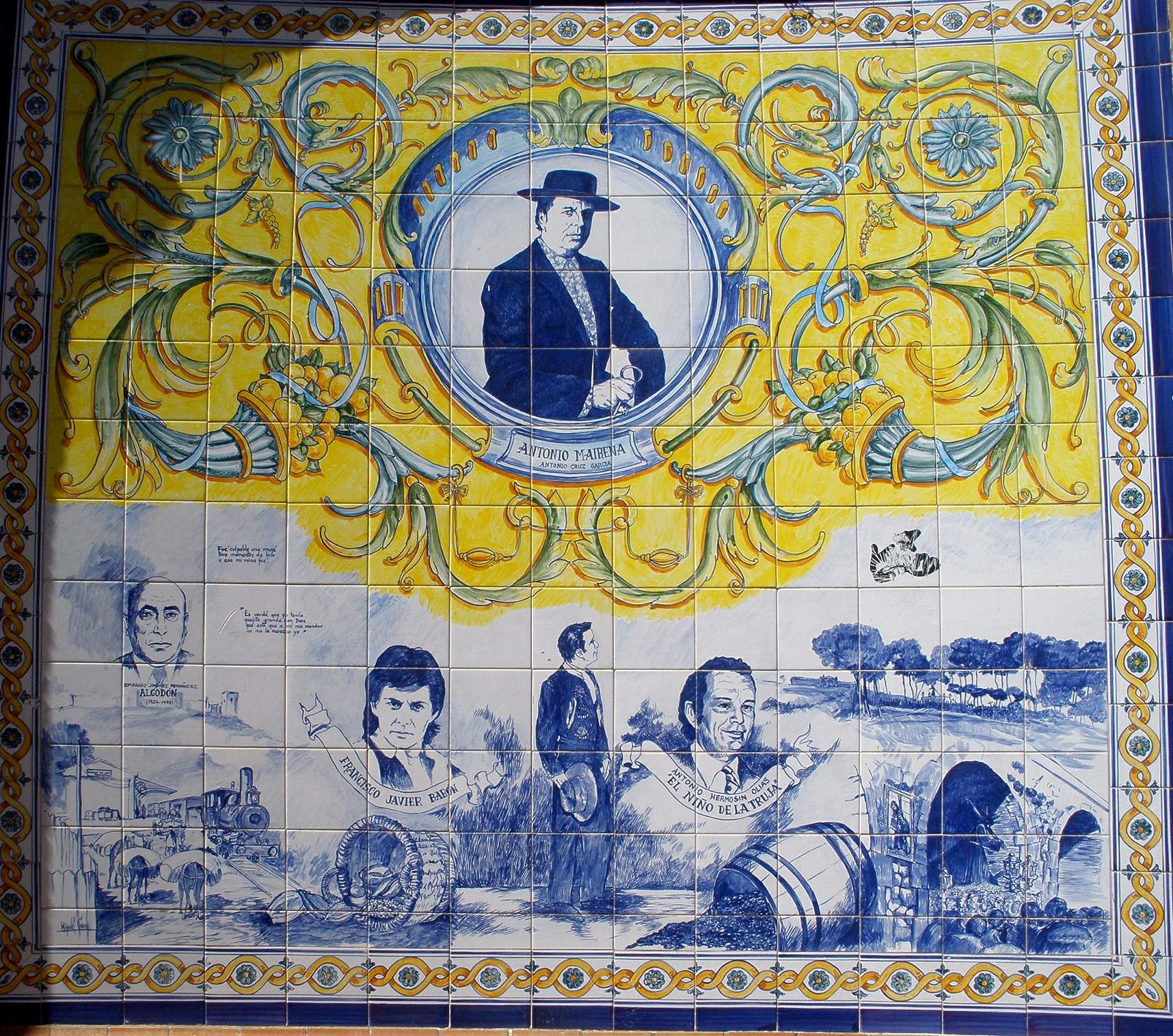 The festivals
The festivals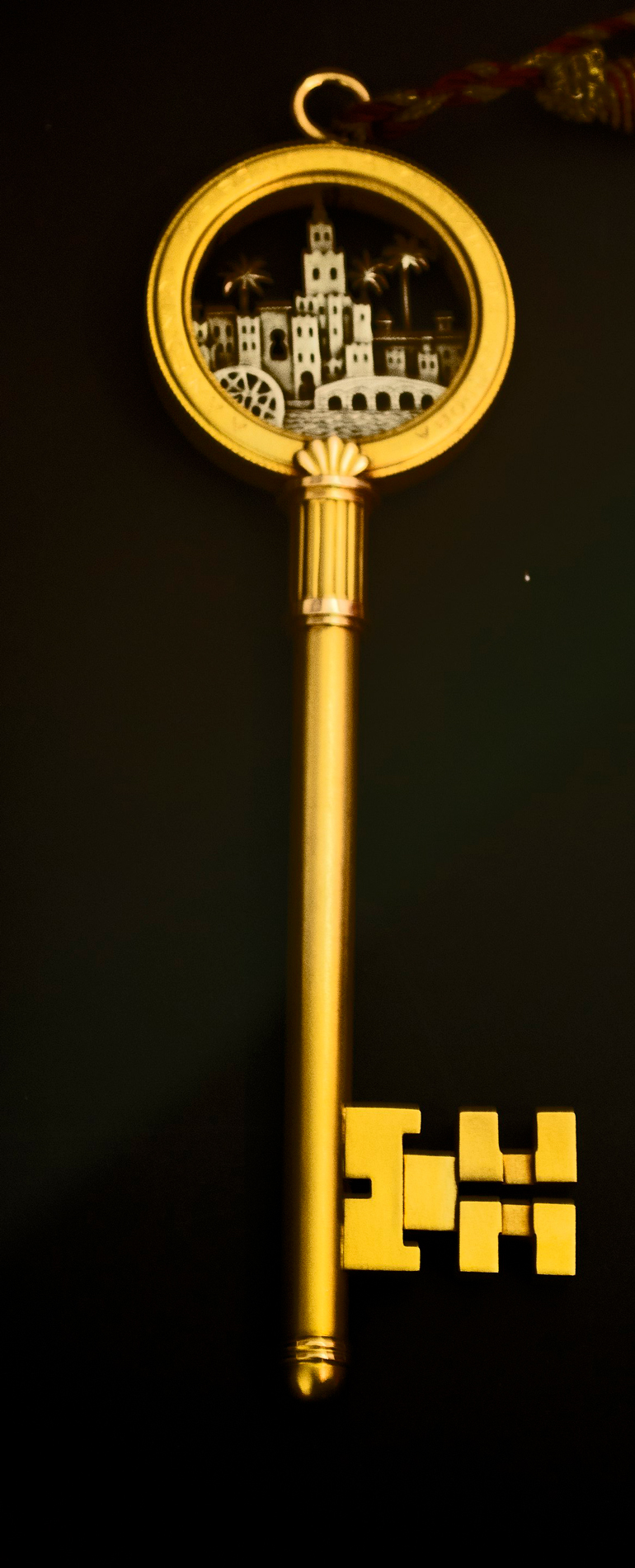 Revaluation of flamenco. Third Golden Key of Singing
Revaluation of flamenco. Third Golden Key of Singing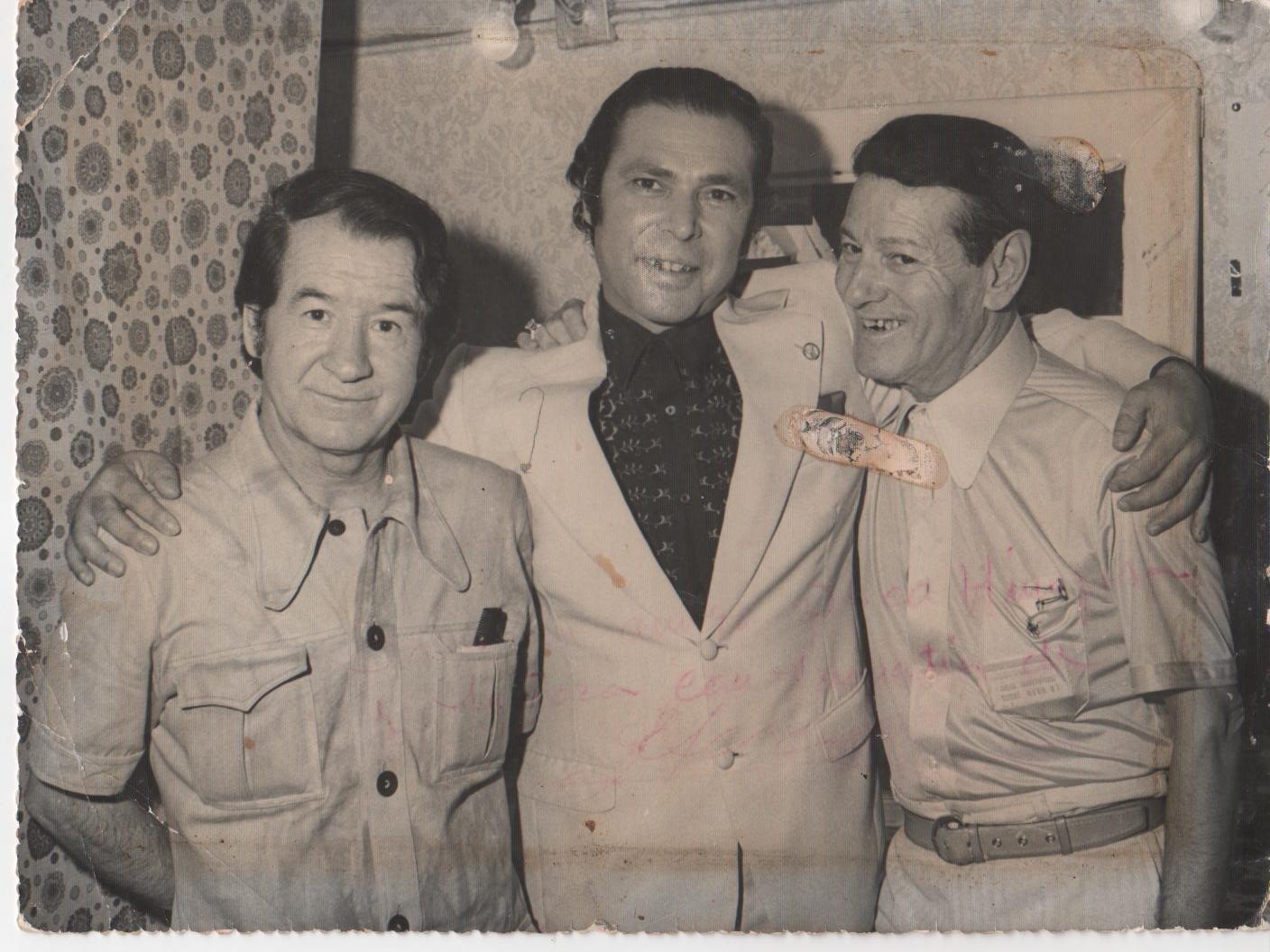 The Flamenco Opera
The Flamenco Opera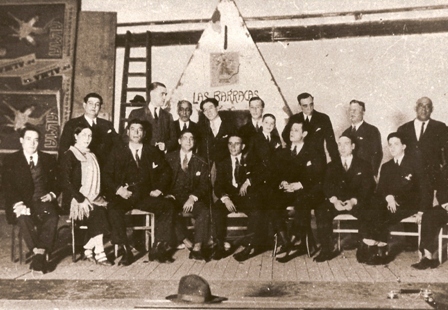 Flamenco in Madrid. The Pavón Cup. Second Golden Key of Singing
Flamenco in Madrid. The Pavón Cup. Second Golden Key of Singing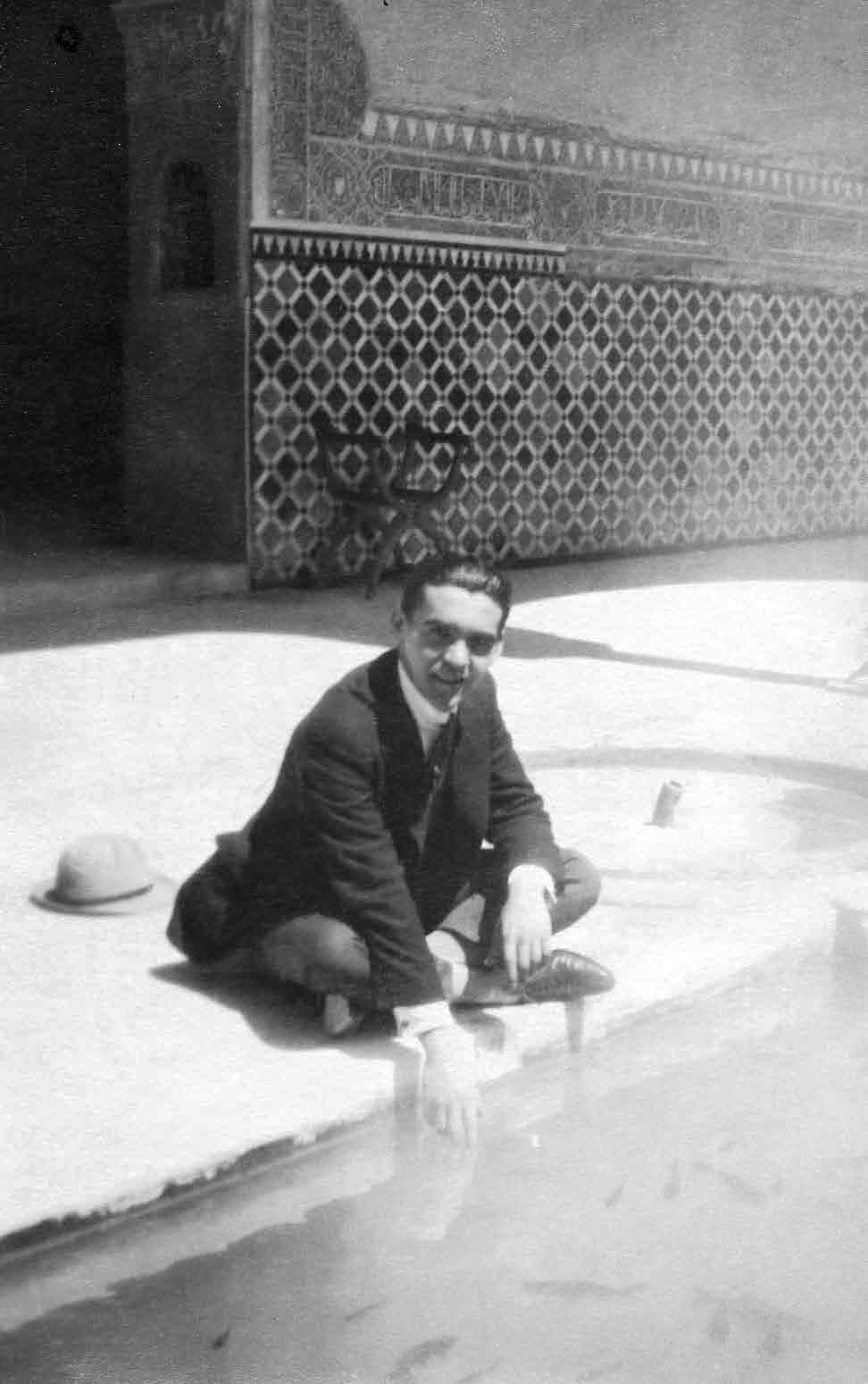 The contest that took place in 1922 in Granada
The contest that took place in 1922 in Granada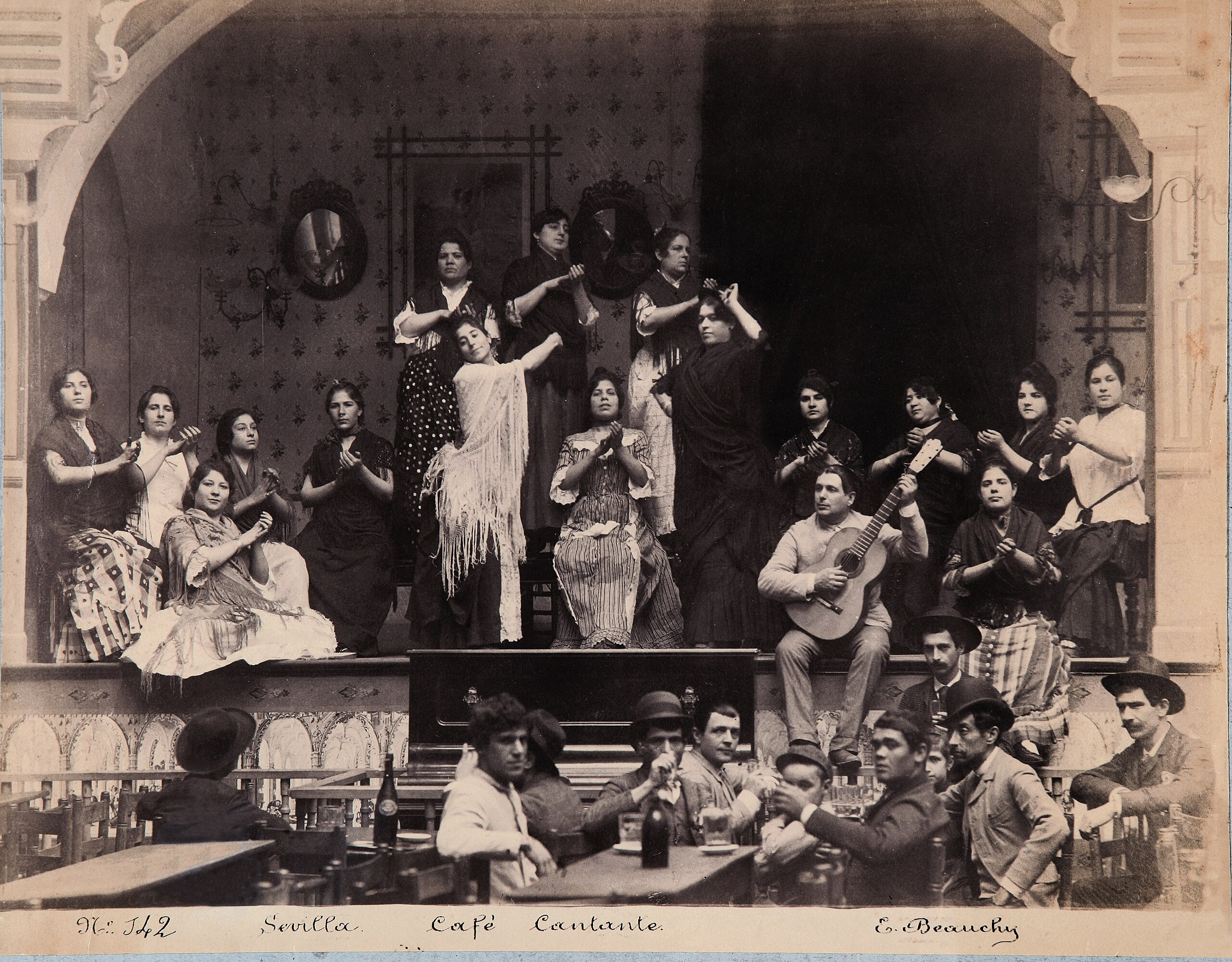 The great creators. The Golden Age. The Singing Cafes
The great creators. The Golden Age. The Singing Cafes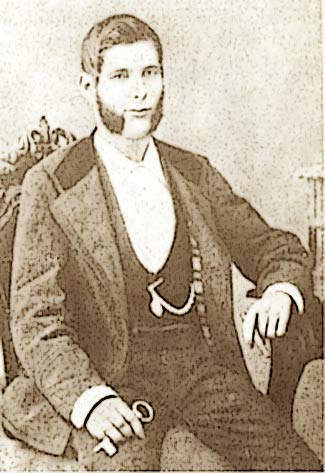 Evolution. Hermetic Stage. First singers
Evolution. Hermetic Stage. First singers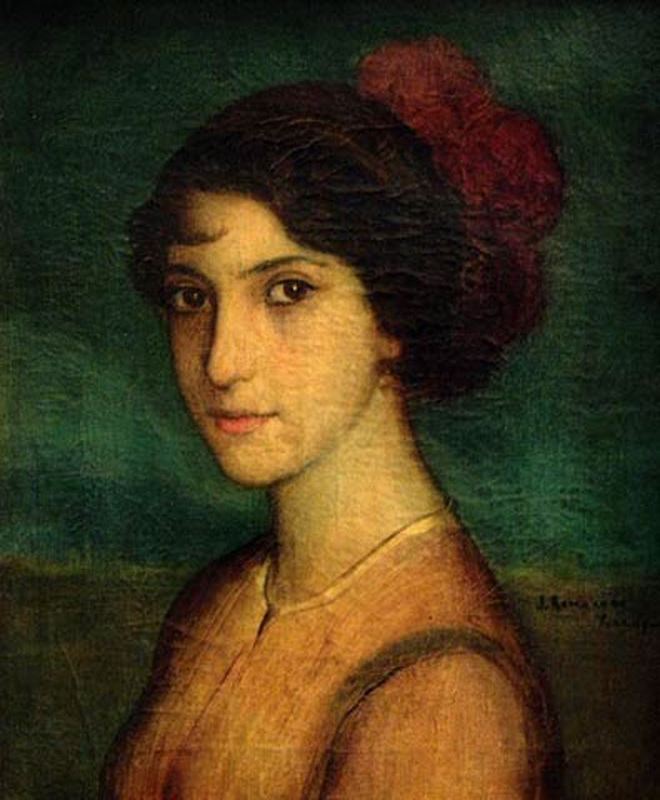 Origin of the word “flamenco”
Origin of the word “flamenco”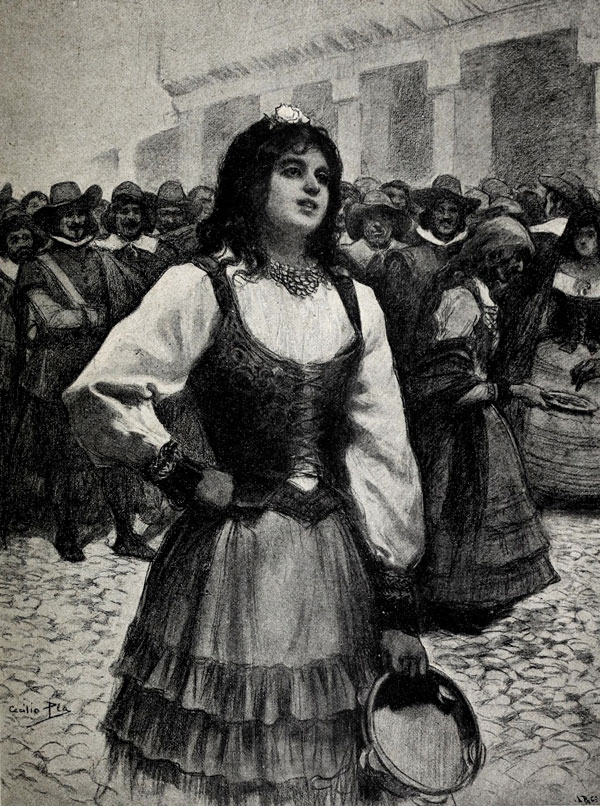 First written references
First written references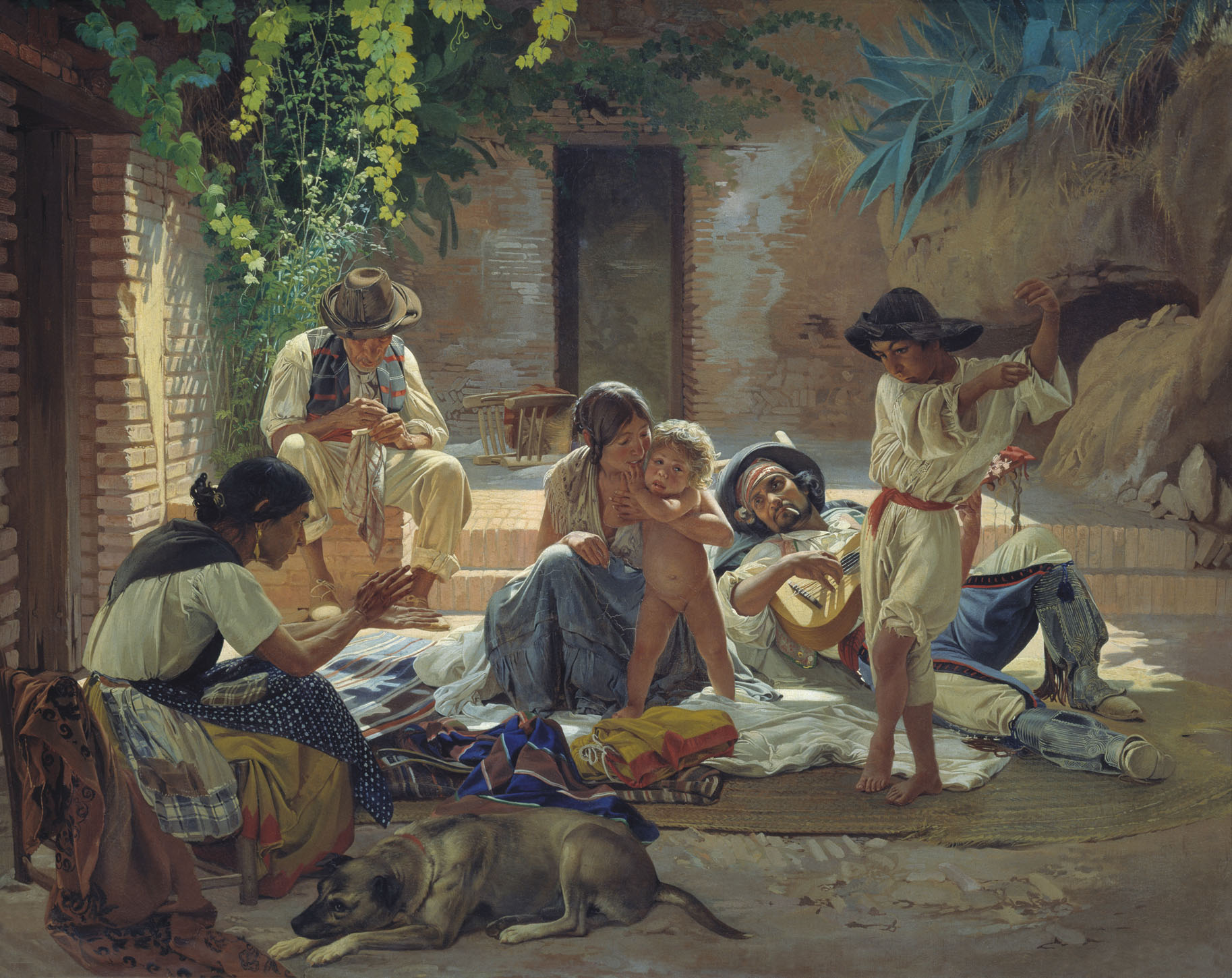 Musical background
Musical background